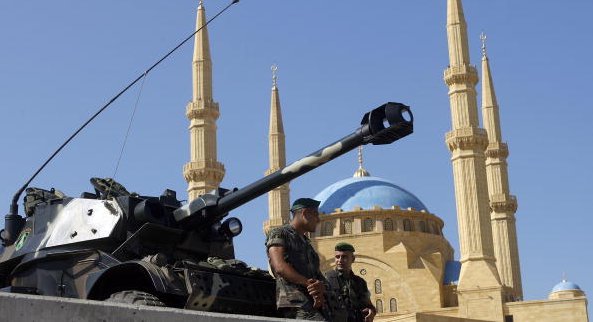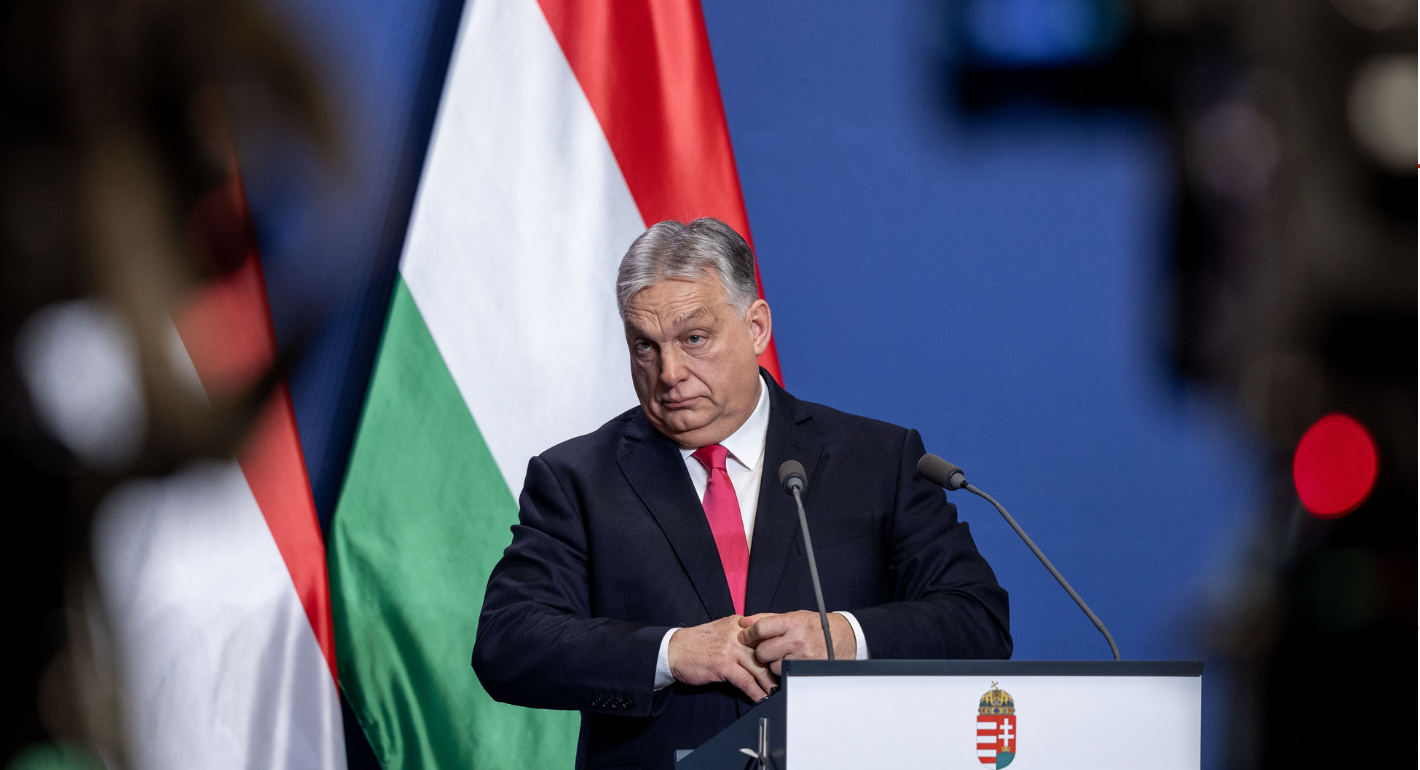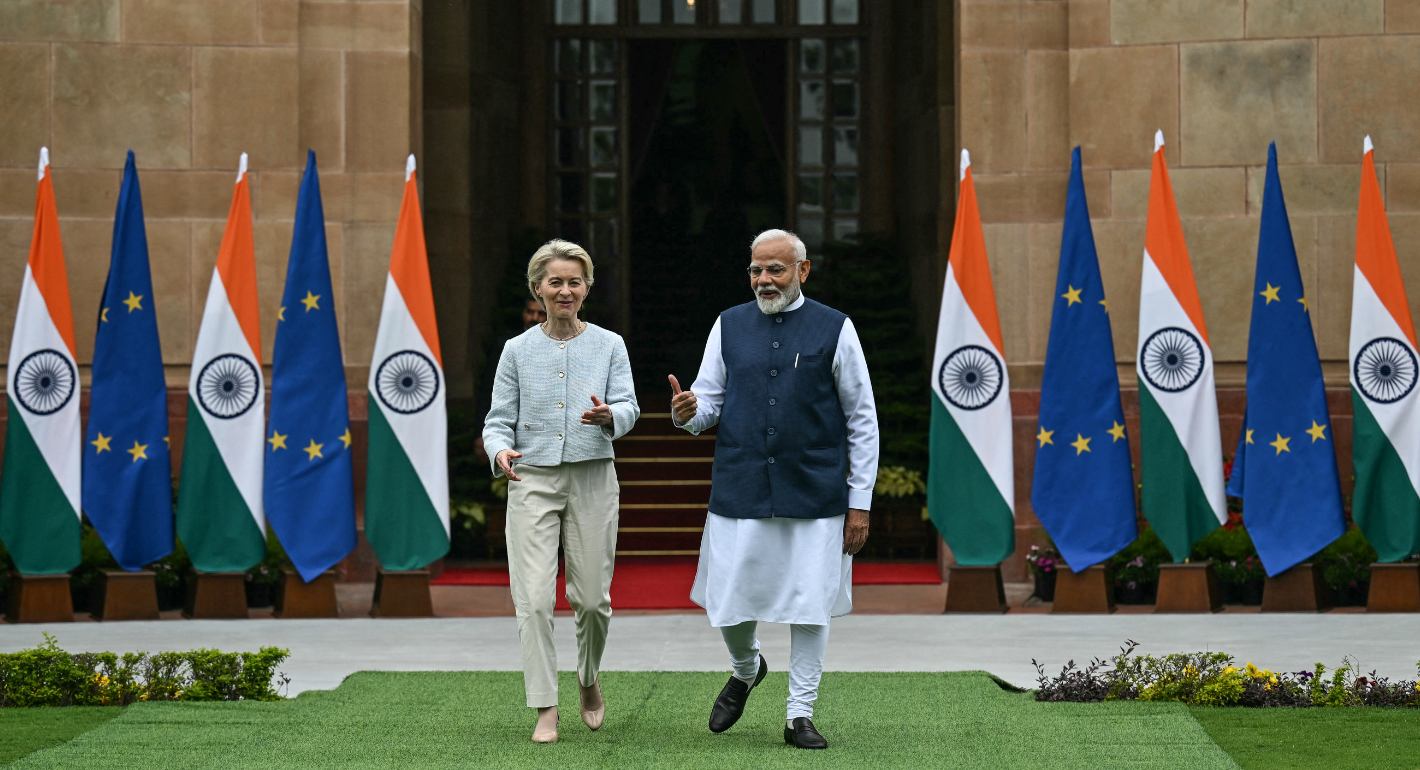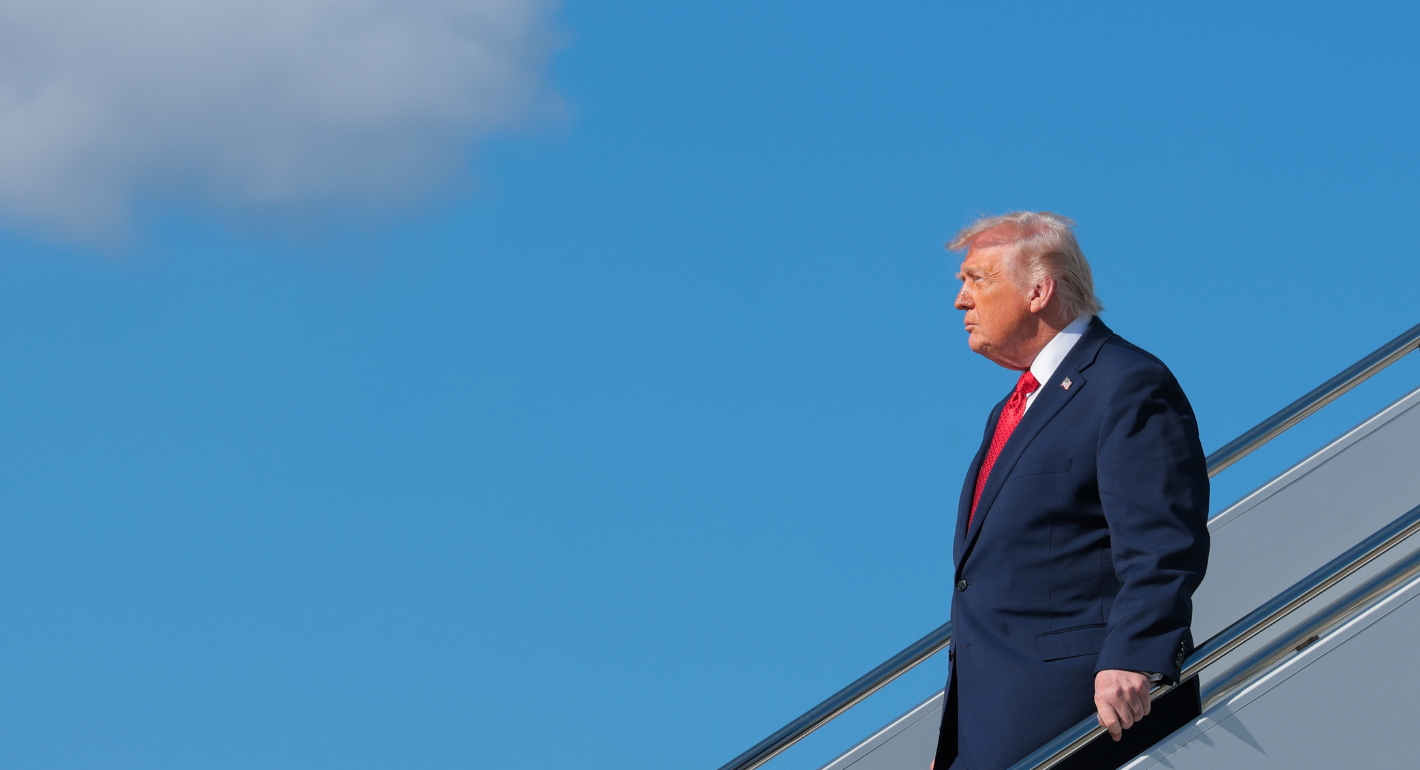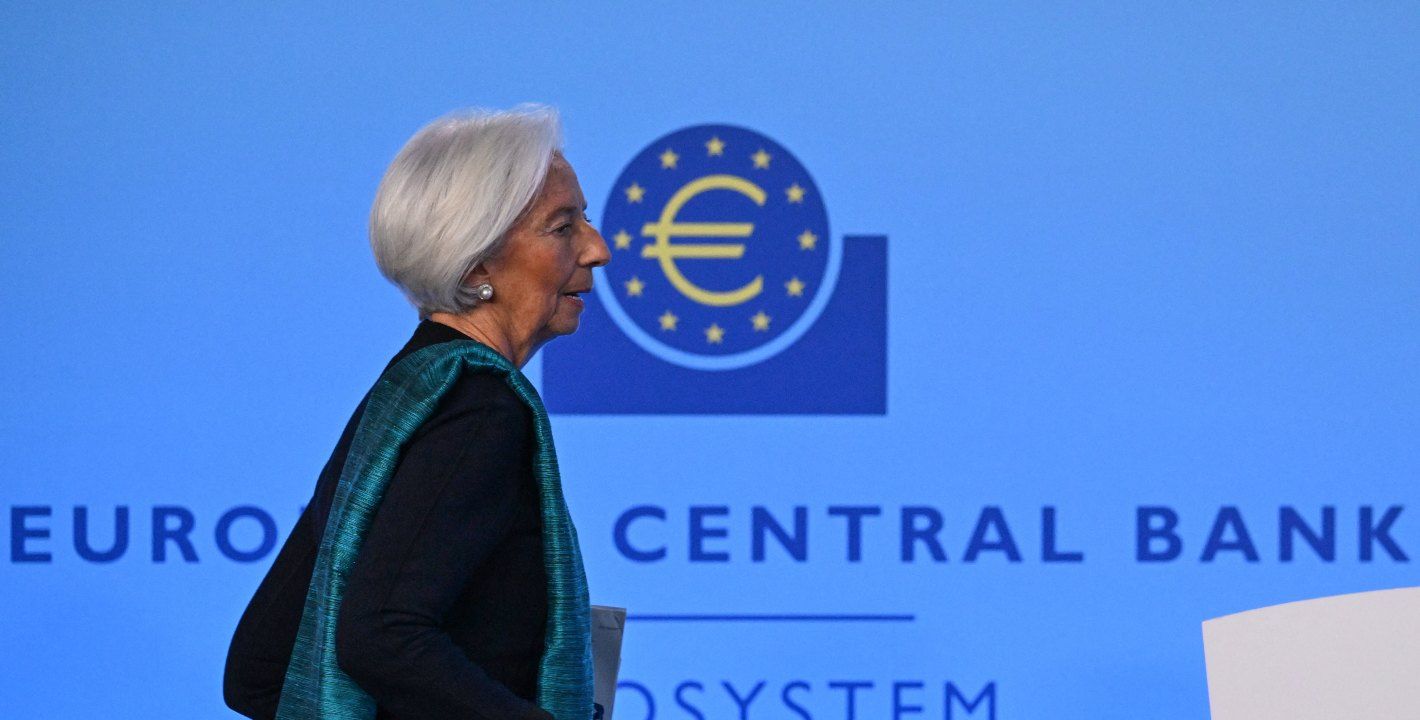Every week leading experts answer a new question from Judy Dempsey on the international challenges shaping Europe's role in the world.
"As my colleague Julien Barnes-Dacey argues in a European Council on Foreign Relations policy brief, “Lebanon: Containing spillover from Syria”, published just some weeks ago, Europe can definitely help Lebanon to avoid a descent into chaos, but taking sides—whether against Hezbollah or in favor of the Anti-Assad forces—would only add fuel to the flames.
After the 2006 Lebanon war against Israel and the conflict between the former government, run by the March 14 alliance, and Hezbollah in 2008, the country managed to establish a new balance of power, including Hezbollah, the country’s dominant political and military force. So, if the West—and in particular Europe—engages, it should use its influence predominantly to support efforts aimed at forging political consensus and deescalating tensions. In particular, European states should—in firm contrast to U.S. policy—continue to talk to Hezbollah in order to assuage fears about an international conspiracy against the movement and contain its more incendiary instincts. Most political actors still agree that the country cannot fall into abyss. Significantly, though, it also shows a growing gap with Syria, which has translated into the fact that Damascus was less able than ever to dictate events in Lebanon. So, there is a good chance that Syria might be behind the recent attacks of last weekend, first to stir up instability and to create a distraction from its own crisis, and second, to draw Hezbollah into a harder line that would force them to give greater backing to Assad. The immediate response to the assassination of Wissam al-Hassan actually bodes well in that Lebanon has shown resilience. Despite its critical positions on a number of regional issues, the West has to recognize that Hezbollah has been playing a stabilizing, pragmatic role within Lebanon.
Again, in terms of a Western response, the right thing to do is: call for disassociation from Syria, and the continuation of a national dialogue and rally behind the current Mikati government instead of providing blanket, polarizing support for the March 14 alliance. Who can have an interest in forcing the collapse of the current government? Due to the fact that Europe is not seen as being as biased as the United States and some Gulf countries, it appears to be critical in using its ongoing engagement with Hezbollah to press Hassan Nasrallah to remain constructive."
I have always struggled to understand the notion of “the West” and, certainly in today’s world, do not find it a very clear and useful concept. I will elaborate on this week’s Strategic Europe question from the angle of the European Union and its member states.
Must the EU and its members act now? For sure. What for many months has been discussed as a dangerous “prospect of spillover” is now starting to unfold, and it is happening on Europe’s doorstep. The area of stability and prosperity that the EU and its members ambitiously wanted to help shape with its foreign and neighborhood policy—of which Lebanon is, and Syria until recently has been a contracting partner—is currently moving in the opposite direction.
This comes at a time when the internal cohesion and social peace within the EU is challenged in parts of the “European Mediterranean”, in countries such as Greece, Spain, and Portugal. I do not want to put both developments on the same level, as they are very different in their origins and nature, and the tragedy of human lives being lost in Syria on a daily basis cannot be compared with the situation of the young, the unemployed, and the socially vulnerable in EU Mediterranean countries.
However, I want to make the point that while eurozone countries are currently prioritizing the rescue of their common currency, it would be a mistake to leave the business of foreign and security to “a later stage in the process”, as was recently suggested in the report of German Foreign Minister Guido Westerwelle and ten of his European colleagues. To postpone working on a joint approach to foreign and security issues to brighter days is shortsighted and cynical. This is perhaps not what the signing ministers had on their mind, but reading the pamphlet I was baffled by the extent to which it reduces questions of war and peace to institutional debates. The EU and its countries can move without prior institutional debates on strengthening the European External Action Service, discussing the potential prospect of a European army, or qualified majority voting in foreign policy. Acting together as Europeans is a question of political will and credibility, and not of institutional capacity.
Now, what kind of action is required? The EU and its member states have already joined in and thereby amplified political and diplomatic efforts of various shapes and forms—in cooperation with those willing in the UN Security Council, both bilaterally and collectively, through the work of Catherine Ashton who currently is travelling in the region, through ever more sanctions imposed on the Syrian regime, by engaging the Arab League, by continuing to work on Euro-Mediterranean formats such as the recent round of the EU-Lebanon Association Council, etc. Humanitarian aid for those in need, and reachable for governments and humanitarian organizations in Europe, has been a moral imperative.
But EU countries can still pull more of their diplomatic weight by showing greater presence and visibility in the Levant now, especially as the United States is stuck in the final days of the presidential campaigns. European leaders should join the travelling High Representative in the region. And while EU countries would certainly struggle to support military engagement, if it was on the cards—which depends more on decisions outside of Europe and is not very likely—they should not shy away from at least discussing military options more openly.

